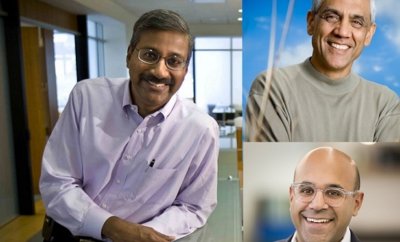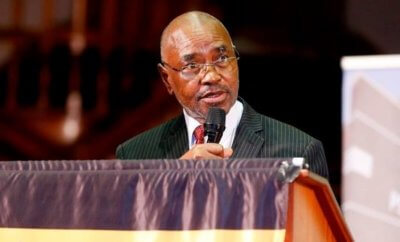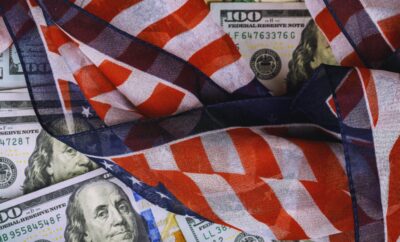Life
Indian Americans are Prolific Volunteers, Poor Financial Donors: Survey

Representational Image
Photo: Creative Commons
Indian Americans donate about $1 billion per year for philanthropic activities, one-third of their giving potential, according to the Indiaspora-Dalberg Community Engagement Survey.
Indian Americans donate about $1 billion per year for philanthropic activities, one-third of their giving potential, a recent survey shows. While the community is passionate about social impact, the Indian diaspora in America has a long way to go to fill the large “giving gap” of at least $2-3 billion, according to the Indiaspora-Dalberg Community Engagement Survey, released during the Indiaspora Philanthropy Summit at Georgetown University in Washington on July 17.
Despite their favorable socioeconomic position, Indian Americans do not donate relative to capacity as compared to the larger American population. The respondents in the survey donated about 1.5 percent of their income per year, while the average American donates about 4 percent per year. The gap increases with income, the survey concluded.
However, the 4.1 million strong Indian American community comprises prolific volunteers. An Indian American donor typically volunteers 220 hours each year, far exceeding the U.S. national average of about 130 hours annually. The top areas for voluntary work were in-person activities, such as helping in soup-kitchens and park-cleanings (62%) and serving on boards of non-profit organization (59%), while mentoring was the least common activity (47%).
“We are in the early stages of strategically planning what we should do to move the needle – which is to say, increase the amount of Indian American philanthropic giving in America and to India, and make it more effective,” Indiaspora founder MR Rangaswami said in a statement.
“The community’s particularly keen engagement as philanthropic volunteers is encouraging but their lack of financial donations is disappointing, especially given that Indian Americans are among the highest earning groups in the US and have tremendous influence here and abroad,” the survey report said.
Indian Americans have one of the highest median household incomes of any ethnic community in the United States, and are recognized as being well-educated and socially aware. But even though they volunteer at nearly double the national average, their limited financial contribution leaves significant social impact on the table, the survey report said.
“At over $3 billion dollars annually, the giving potential of Indian Americans is enormous. To put it into context, the Bill and Melinda Gates Foundation distributes $4-$5 billion across the entire globe every year,” Joe Dougherty, Dalberg Advisors’ Regional Director for the Americas, said in a statement. “Imagine the kind of impact the diaspora could create if they met their giving potential. We hope that the results of this study help galvanize philanthropic efforts among this important — and influential — community.”
Among the top social impact issues that the respondents were most passionate about were Education (cited by 61% of respondents) and Healthcare (46%). Less “traditional” sectors such as Financial Inclusion (24%), and Access to Technology (24%) were preferred by more people than religious causes (13%).
The survey also found that women and men do not always rank the same causes in the same order of importance. For instance, while 59 percent of women listed gender equality as an area they are passionate about (tied with education as their top passion area), only 26 percent of men said the same (only 6th on their list of passion areas). Also, the community tends to view its business and investment activities as being almost entirely independent of their philanthropic engagements.
It also found credible evidence supporting the notion that members of the Indian community in the United States often lack trust in the philanthropic organizations they might wish to give to, thus harboring a “trust deficit.”




You must be logged in to post a comment Login